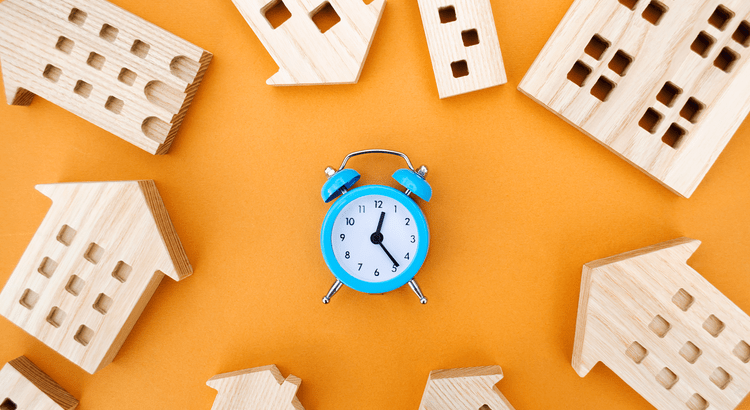What Credit Score Do You Really Need To Buy a House?
What Credit Score Do You Really Need To Buy a House?

When you're considering buying a home, your credit score plays a crucial role. It's like your financial report card that lenders review to determine if you qualify for a loan and what terms might be available to you. As the Mortgage Report explains:
"Good credit scores communicate to lenders that you have a track record for properly managing your debts. For this reason, the higher your score, the better your chances of qualifying for a mortgage."
The challenge is that most buyers tend to overestimate the minimum credit score needed to purchase a home. According to a report from Fannie Mae, only 32% of consumers accurately understand what lenders require, meaning nearly 2 out of every 3 people do not.
To give you a rough estimate, Experian suggests:
“The minimum credit score needed to buy a house can range from 500 to 700, but will ultimately depend on the type of mortgage loan you're applying for and your lender. Most lenders require a minimum credit score of 620 to buy a house with a conventional mortgage.”
In essence, the required credit score can vary. So, even if your credit isn't perfect, there are still options available. As FICO explains:
“While many lenders use credit scores like FICO Scores to help them make lending decisions, each lender has its own strategy, including the level of risk it finds acceptable. There is no single “cutoff score” used by all lenders, and there are many additional factors that lenders may use . . .”
If your credit score needs some improvement, don’t worry—Experian suggests a few simple steps to help boost it, including:
1. Pay Your Bills on Time
Lenders look for evidence that you can consistently pay your bills on time. This includes not just credit cards, but also utilities and cell phone bills. Regular, on-time payments demonstrate that you’re a responsible borrower.
2. Pay Off Outstanding Debt
Reducing your outstanding balances can help lower your overall debt and make you less of a risk to lenders. Additionally, it improves your credit utilization ratio—the percentage of credit you're using compared to your total limit. A lower utilization ratio signals to lenders that you’re a more reliable borrower.
3. Don’t Apply for Too Much Credit
Although it might seem like a good idea to open more credit cards to boost your score, it’s wiser to wait. Applying for multiple new credit lines can result in hard inquiries on your credit report, which can temporarily lower your score.
Bottom Line
Your credit score plays a key role in the homebuying process. But even if it’s not perfect, there are still options available for you to become a homeowner.
The best approach is to work with a trusted lender who can provide insights into how your credit score might impact your loan options.
Categories
Recent Posts










